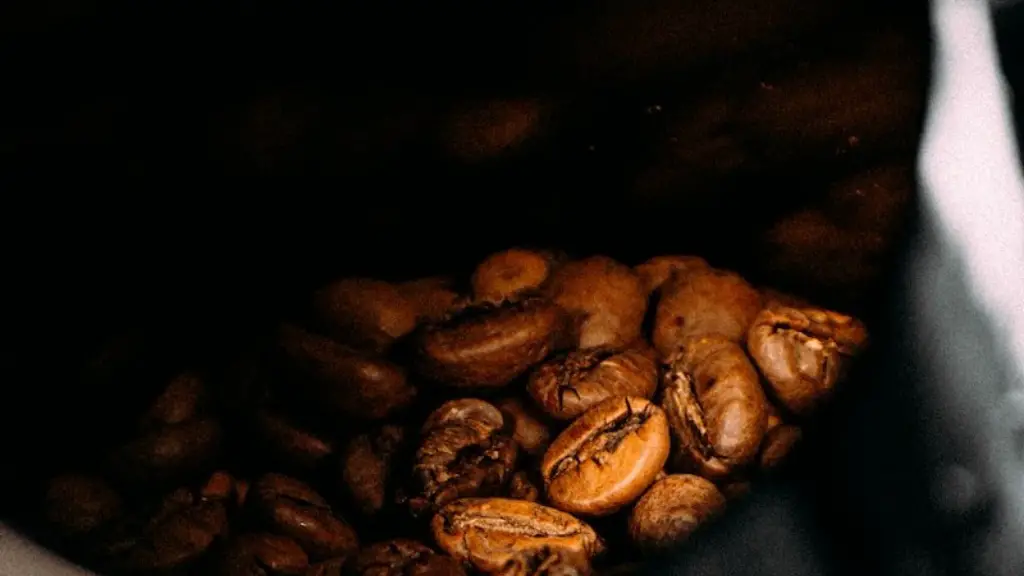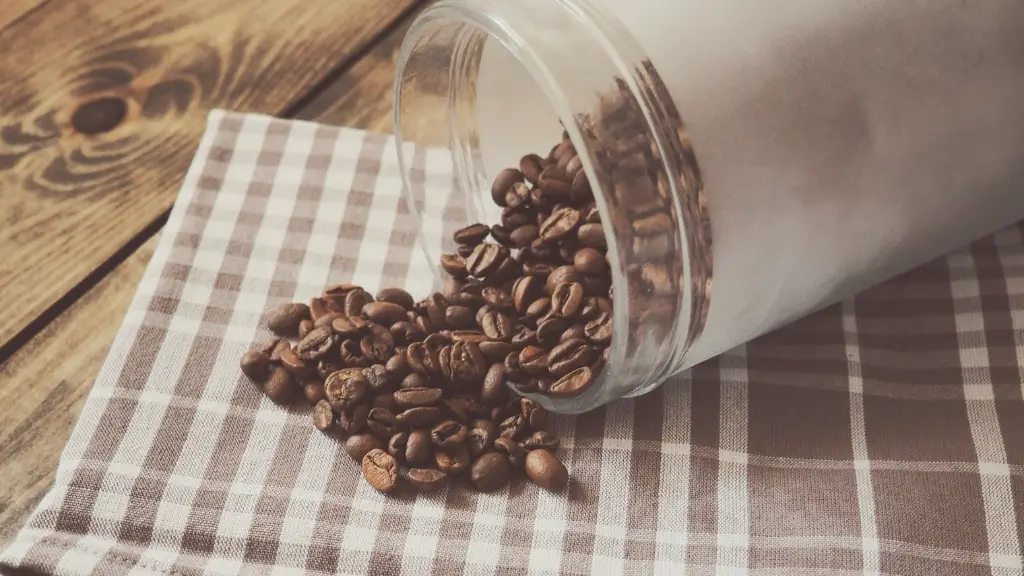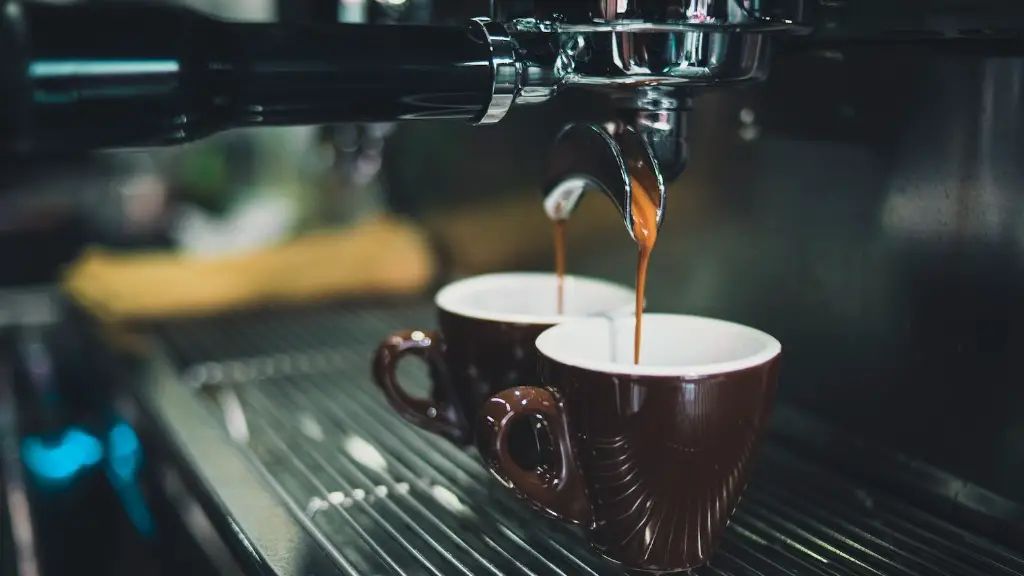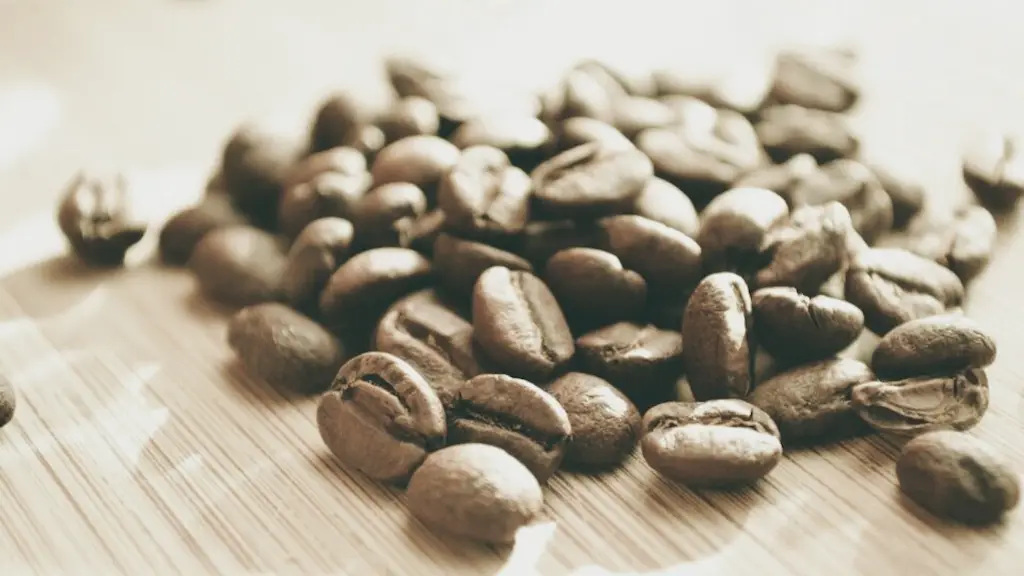Background of Juice Fasting
Juice fasting is a type of therapeutic fast which involves consuming only freshly prepared fruit and vegetable juices while abstaining from all other sources of food. This type of fasting has become increasingly popular in recent years as it is seen as a quick, convenient and effective way to detoxify and cleanse the body. Juice fasting has been used for centuries by various cultures as a way to improve physical and mental health. During a juice fast, a person will typically drink freshly prepared juices throughout the day and not consume any other dietary sources of energy. This allows for the body to detoxify and rid itself of toxins and harmful substances.
Benefits of Juicing
The main benefits of juice fasting are that it helps to detoxify and cleanse the body, as well as reduce inflammation and aid in weight loss. Juice fasting is also said to help improve mental clarity and physical energy. Additionally, juice fasting can also help strengthen the immune system, improve digestion health and reduce the risk of chronic diseases. It is important to note that juice fasting should not be used as a permanent way of eating, but instead can be used as an occasional detox or cleansing tool.
Can You Drink Coffee During a Juice Fast?
This question has long been the subject of debate among juicers and health experts. Many people believe that consuming anything other than freshly made juices during a juice fast can hinder the body’s cleansing process, however this has not been scientifically proven. While some experts recommend avoiding caffeine altogether during a juice fast, others say that drinking a small cup of coffee can still be beneficial.
The general consensus is that if you must consume coffee during a juice fast it should be limited to only one cup per day, and should be consumed as far away from consuming juice as possible. Additionally, the coffee should be free of additives such as cream, sugar, and other flavoring agents. This allows for the body to focus on the detoxification process rather than the digestion of unnecessary substances.
Alternatives to Coffee During a Juice Fast
If you are looking for an alternative to coffee during a juice fast, there are a variety of herbal teas available that provide numerous health benefits, while still providing a warm and comforting drink. Herbal teas such as ginger, chamomile and rooibos have been known to reduce inflammation, aid digestion, increase energy levels and boost the immune system.
Can You Become Addicted to Coffee?
Many people are concerned about the potential for becoming addicted or dependent on coffee. While caffeine is technically a stimulant, there is little to no evidence showing that people can become addicted to it. Additionally, the amount of caffeine found in a single cup of coffee is not enough to cause addiction.
However, if you are drinking coffee on a regular basis, it is important to understand your body’s tolerance level and be aware of potential side effects such as difficulty sleeping and increased anxiety levels.
Risks Associated with Coffee Consumption
In addition to the potential for addiction and dependency, coffee consumption can also increase your risk of developing certain health problems. For example, drinking coffee can lead to an increased blood pressure and heart rate, which if left unchecked, could lead to a heart attack or stroke. Additionally, overconsumption of coffee may lead to insomnia, anxiety, and dehydration.
It is important to note that these risks are increased when drinking coffee that is high in sugar and other additives. Therefore, it is best to opt for black coffee, or a natural alternative such as almond milk, when possible.
Expert’s Perspectives on Coffee Consumption
Most experts agree that coffee in moderation can be beneficial. For people who are seriously attempting a juice fast, however, it is considered to be wise to avoid coffee altogether. This is in part due to the potential it has to interfere with the body’s detoxification and cleansing process.
At the same time, it is important to listen to your body and pay attention to any signs of fatigue, dehydration, or anxiety. It is also important to know your individual limits and understand what is best for your body.
The Bottom Line
In conclusion, it is up to the individual to decide whether or not to drink coffee during a juice fast. The importance of listening to your body cannot be overstated, as it is the best indicator of what works best for you. Additionally, consulting with an expert in nutrition or health is recommended to ensure that you are doing what is best for you and your body.
Other Juice Fasting Topics to Consider
Achieving Goals During a Juice Fast
Juice fasting is an effective way to reach one’s health-related goals. It is typically used to detoxify and cleanse the body, but can also be used to address specific health issues such as bowel issues and illness. Setting short-term goals while juice fasting is important to monitor your progress and stay motivated. Additionally, it is important to remember to stay hydrated and to drink plenty of liquids during the process.
Gathering Necessary Supplies for a Juice Fast
A successful juice fast requires that you have all the necessary supplies on hand before you start. This includes juicers, blenders, containers for storage, strainers, measuring cups, and fruits and vegetables. Many people choose to purchase pre-cut and prepared fruits and vegetables to save time and add convenience, but it is important to choose high-quality ingredients for optimal health benefits.
Preparing for a Juice Fast
Juice fasting is best done with preparation and planning. Before embarking on a juice fast, it is important to create an agenda and plan for the duration of the fast. Additionally, it is important to make sure that you have the necessary supplies and ingredients on hand. It is also important to remember to rest and take time to reflect during the process.
Breaking the Fast Sensibly
After completing a juice fast, it is important to reintroduce solid food into your diet slowly and sensibly. Start with foods that are easy to digest, such as cooked vegetables and soups. Additionally, fiber-rich fruits and vegetables are typically recommended to avoid digestive upset. Lastly, it is important to drink plenty of water and monitor your body for any signs of discomfort.



